Back to Courses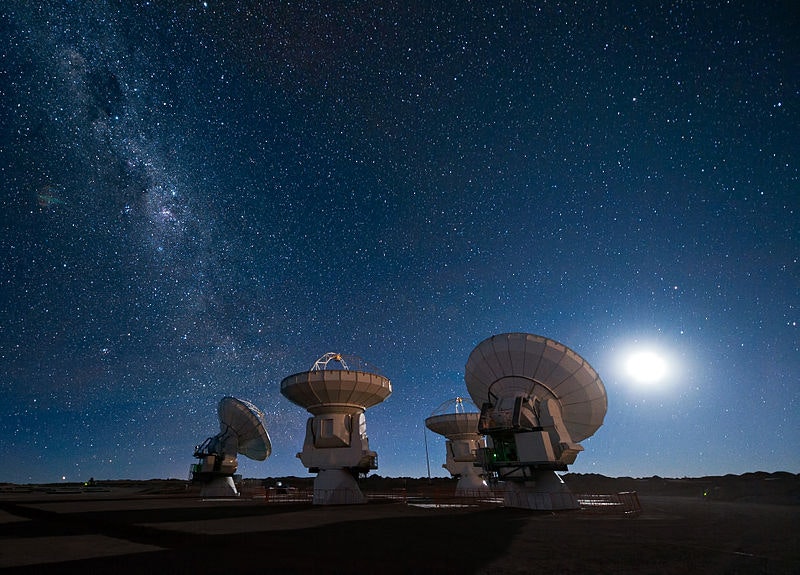

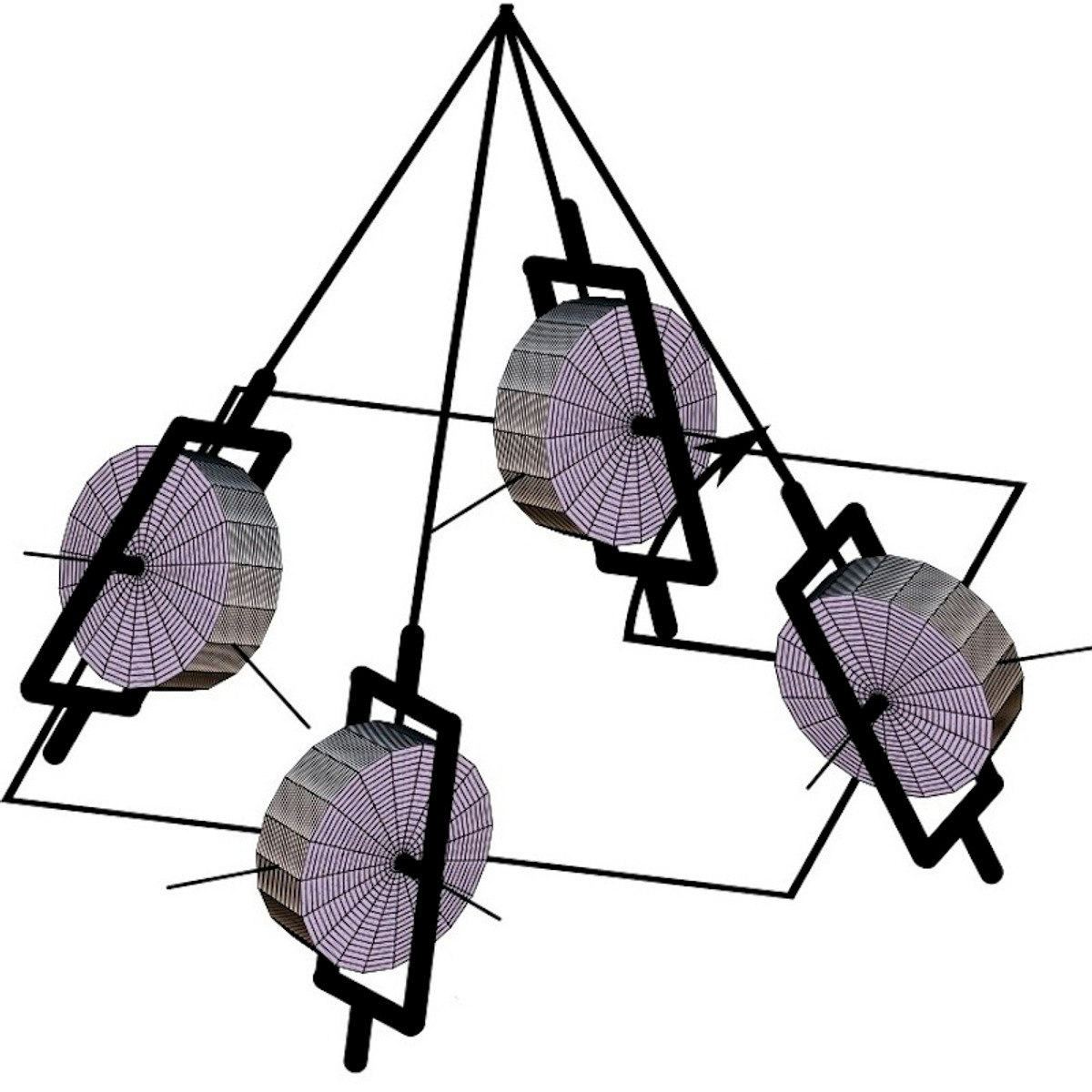
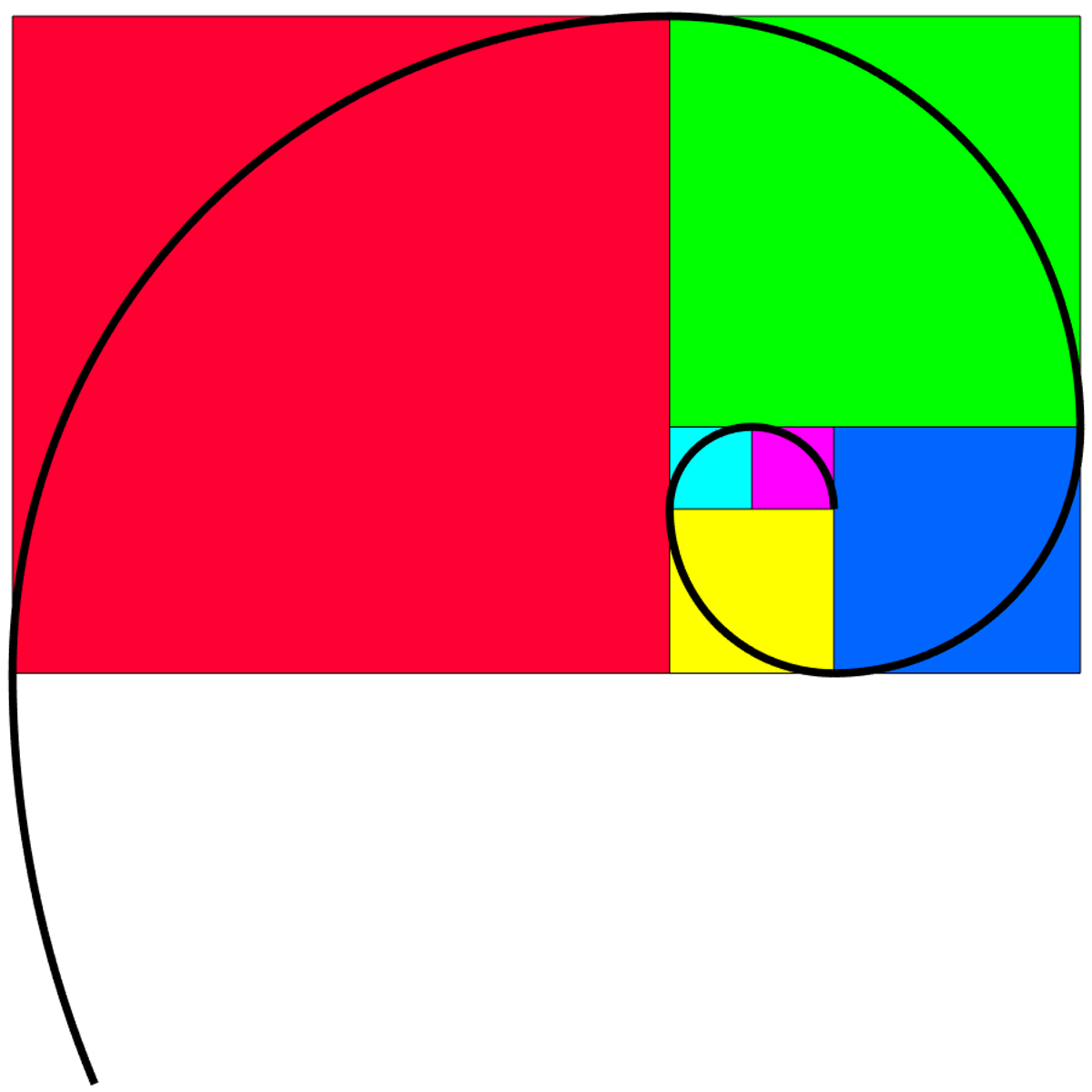

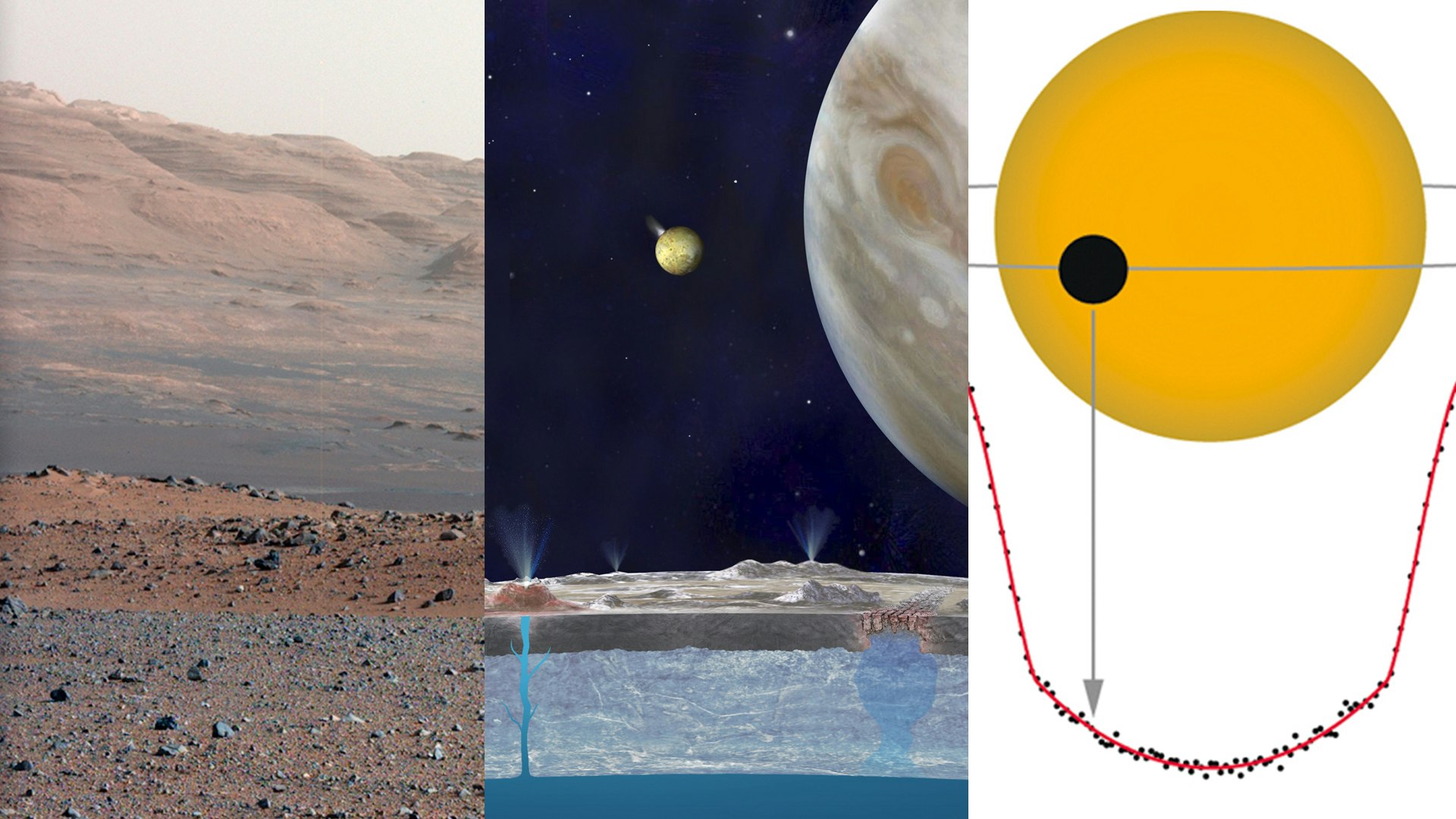

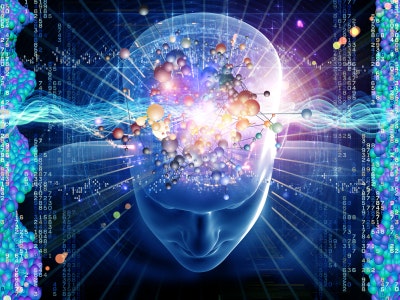

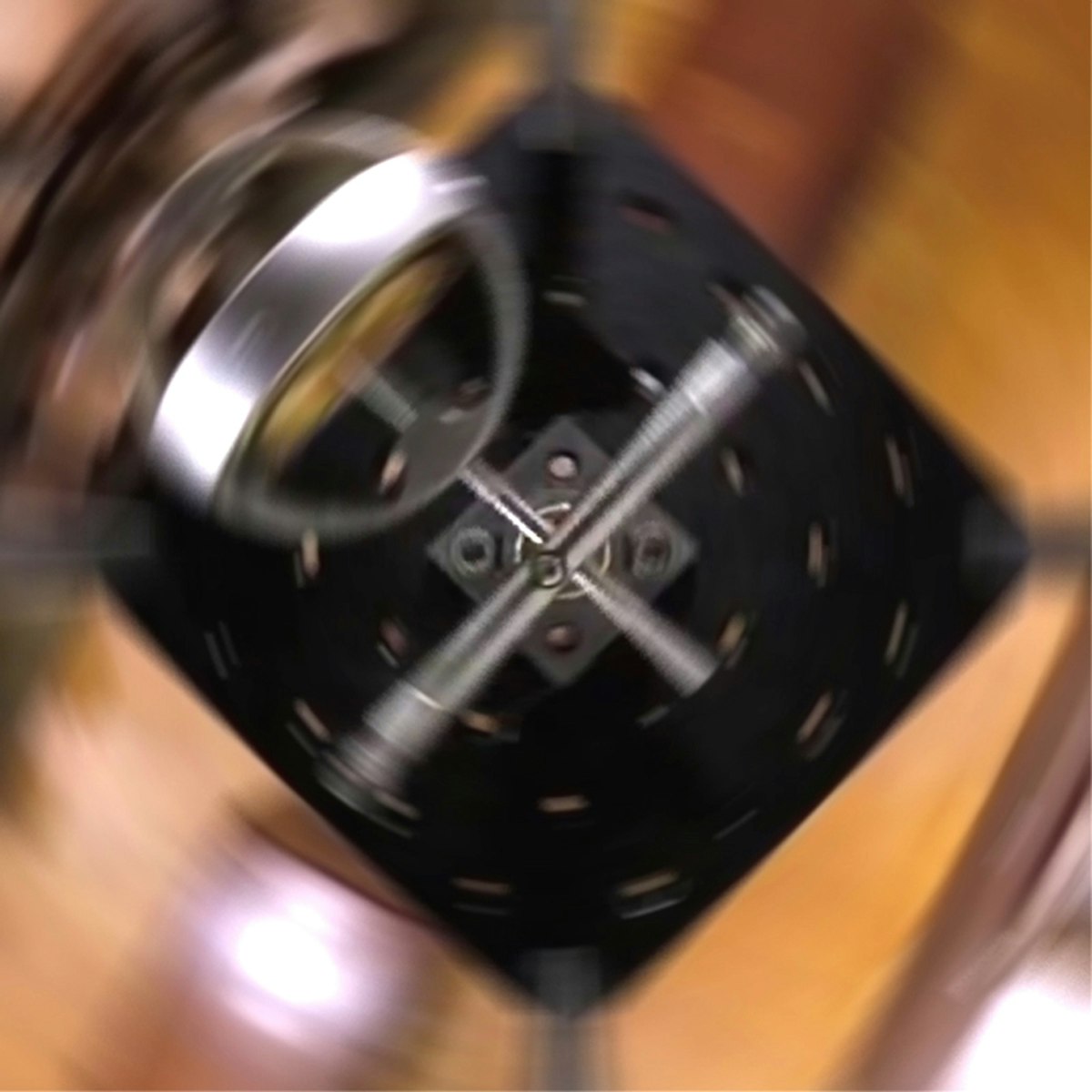
Physics And Astronomy Courses - Page 3
Showing results 21-30 of 87

AstroTech: The Science and Technology behind Astronomical Discovery
"How do they know that?"
Modern astronomy has made some astonishing discoveries - how stars burn and how black holes form; galaxies from the edge of the universe and killer rocks right next door; where the elements come from and how the expanding universe is accelerating. But how do we know all that? The truth is that astronomy would be impossible without technology, and every advance in astronomy is really an advance in technology. But the technology by itself is not enough. We have to apply it critically with a knowledge of physics to unlock the secrets of the Universe.
Each week we will cover a different aspect of Astronomical technology, matching each piece of technology to a highlight science result. We will explain how the technology works, how it has allowed us to collect astronomical data, and, with some basic physics, how we interpret the data to make scientific discoveries.
The class will consist of video lectures, weekly quizzes, and discussion forums. Each week there will be five videos, totalling approximately 40 minutes. They will be in a regular pattern - a short introduction, an example science story, an explanation of the key technology area, a look at how the technology is used in practice, and finally a look at what the future may hold.

Physics 102 - Electric Charges and Fields
This course serves as an introduction to the physics of electricity and magnetism. Upon completion, learners will have an understanding of how the forces between electric charges are described by fields, and how these fields are related to electrical circuits. They will gain experience in solving physics problems with tools such as graphical analysis, algebra, vector analysis, and calculus. The course follows the typical progression of topics of a first-semester university physics course: charges, electric forces, electric fields potential, magnetic fields, currents, magnetic moments, electromagnetic induction, and circuits. Each module contains reading links to a free textbook, complete video lectures, conceptual quizzes, and a set of homework problems. Once the modules are completed, the course ends with an exam. This comprehensive course series is similar in detail and rigor to what is taught on-campus. It will thoroughly prepare learners for their upcoming introductory physics courses, or more advanced courses in physics.
Attitude Control with Momentum Exchange Devices
This course is part 1 of the specialization Advanced Spacecraft Dynamics and Control. It is a direct continuation of the Coursera specialization Spacecraft Dynamics and Control. This first course focuses on nonlinear attitude feedback control using a range of angular momentum devices. The course provides a comprehensive review of prerequisite material. Next it develops equations of motion of a spacecraft with momentum exchange devices such as reaction wheels (RWs), control momentum gyroscopes (CMGs) and variable speed control moment gyroscopes (VSCMGs).
The course discusses developing a complex spacecraft simulation with a number VSCMGs and how to approach debugging such complex software. The use of the work/energy theorem is discussed to assist with debugging the simulation by validating angular momentum, energy, changes in momentum and mechanical power.
Further, the use of null motion is explored to reconfigure the attitude control devices to avoid singularities and gimbal lock. The redundancy is exploited to seek control solutions that avoid classical CMG singularities.

Fibonacci Numbers and the Golden Ratio
Learn the mathematics behind the Fibonacci numbers, the golden ratio, and how they are related. These topics are not usually taught in a typical math curriculum, yet contain many fascinating results that are still accessible to an advanced high school student.
The course culminates in an explanation of why the Fibonacci numbers appear unexpectedly in nature, such as the number of spirals in the head of a sunflower.
Download the lecture notes:
https://www.math.ust.hk/~machas/fibonacci.pdf
Watch the promotional video:
https://youtu.be/VWXeDFyB1hc

Big History - From the Big Bang until Today
Welcome to this Big History course! In this course, renowned scientists and scholars from the University of Amsterdam and beyond will take you on a journey from the Big Bang until today while addressing key questions in their fields. After completing this journey you will have developed a better understanding of how you and everything around you became the way they are today. You will also have gained an understanding of the underlying mechanisms that have helped shape the history of everything and how they wil help shape the future. Last but not least, you will have developed the skill to use this knowledge to put smaller subjects into a bigger perspective with the aid of the little big history approach, which can help you develop some new ideas on these smaller subjects.

The Science of the Solar System
Learn about the science behind the current exploration of the solar system in this free class. Use principles from physics, chemistry, biology, and geology to understand the latest from Mars, comprehend the outer solar system, ponder planets outside our solar system, and search for habitability in our neighborhood and beyond. This course is generally taught at an advanced level assuming a prior knowledge of undergraduate math and physics, but the majority of the concepts and lectures can be understood without these prerequisites. The quizzes and final exam are designed to make you think critically about the material you have learned rather than to simply make you memorize facts. The class is expected to be challenging but rewarding.

Exploring fluid mechanics using Wolfram notebook
Exploring fluid mechanics using Wolfram notebook

Philosophy and the Sciences: Introduction to the Philosophy of Physical Sciences
What is the origin of our universe? What are dark matter and dark energy?
This is the first part of the course 'Philosophy and the Sciences', dedicated to Philosophy of the Physical Sciences. Scientific research across the physical sciences has raised pressing questions for philosophers. The goal of this course is to introduce you to some of the main areas and topics at the key juncture between philosophy and the physical sciences.
Each week we will introduce you to some of these important questions at the forefront of scientific research.
We will explain the science behind each topic in a simple, non-technical way, while also addressing the philosophical and conceptual questions arising from it. We’ll consider questions about the origin and evolution of our universe, the nature of dark energy and dark matter and the role of anthropic reasoning in the explanation of our universe.
Learning Objectives
Gain a fairly well-rounded view on selected areas and topics at the intersection of philosophy and the sciences
Understand some key questions, and conceptual problems arising in the natural sciences.
Develop critical skills to evaluate and assess these problems.
Suggested Reading
To accompany 'Philosophy and the Sciences', we are pleased to announce a tie-in book from Routledge entitled 'Philosophy and the Sciences for Everyone'. This course companion to the 'Philosophy and the Sciences' course was written by the Edinburgh Philosophy and the Sciences team expressly with the needs of MOOC students in mind. 'Philosophy and the Sciences for Everyone' contains clear and user-friendly chapters, chapter summaries, glossary, study questions, suggestions for further reading and guides to online resources.
Please note, this companion book is optional - all the resources needed to complete the course are available freely and listed on the course site.

Understanding Modern Physics III: Simplicity and Complexity
The 20th century was known as the century of physics. In the past 120 years, concepts such as space, time, energy, entropy and particles were understood to much deeper levels. New paradigms of thinking such as relativity and quantum mechanics emerged.
This course is the third course in the Understanding Modern Physics series, which covers an introduction to action principle, fundamental particle physics, entropy & information and complexity. This course offers a broad view between simplicity and complexity, to complement the first and second course in the Understanding Modern Physics series.

Physics 101 - Rotational Motion and Gravitation
This course serves as an introduction to the physics of rotational motion and gravitation. Upon completion, learners will have an understanding of how mathematical laws and conservation principles describe the motions and interactions of objects all around us. They will gain experience in solving physics problems with tools such as graphical analysis, algebra, vector analysis, and calculus. The course is the third course in the Physics 101 specialization, which follows the typical progression of topics of a first-semester university physics course: Kinematics, Newton’s Laws, Energy, and Momentum. Each of the modules contains reading links to a free textbook, complete video lectures, conceptual quizzes, and a set of homework problems. Once the modules are completed, the course ends with an exam. This comprehensive course is similar in detail and rigor to those taught on-campus. It will thoroughly prepare learners for their upcoming introductory physics courses, or more advanced courses in physics.
Popular Internships and Jobs by Categories
Find Jobs & Internships
Browse
© 2024 BoostGrad | All rights reserved